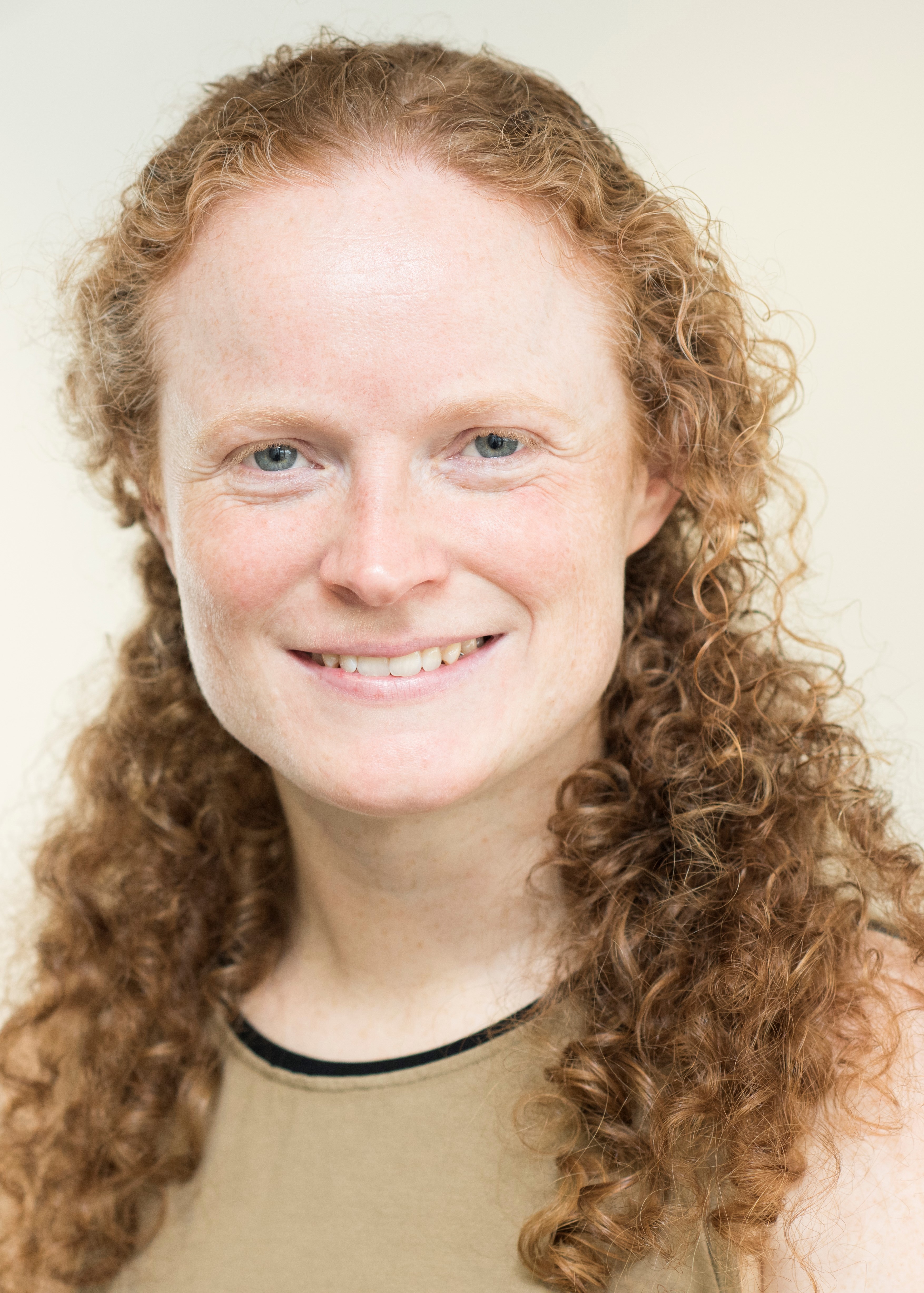Dr Bridget Penman

Associate Professor
Email: B.Penman@warwick.ac.uk
Phone: 024 765 50249
Office: B137
Office: Mathematical Sciences 5.13
Twitter: @bspenman
Penman webpage
Research Clusters
Microbiology & Infectious Diseases
Warwick Centres and GRPs
Vacancies and Opportunities
For PhD and postdoctoral opportunities, and interest in potential collaborations, please contact me at the above email address.
Research Interests
Humans are engaged in a non-stop evolutionary struggle with agents of infectious disease. I study how natural selection from pathogens has shaped the immune system genetics of humans and other vertebrate species. I use mathematical and computational models to achieve this.
For full details of my group's work, please see my group page at Warwick's Zeeman Institute.
Understanding the evolutionary history behind immune system genetic diversity will ultimately help us to design new ways to combat and control infection.
I am happy to be contacted by potential research students in the biosciences who wish to carry out computational / theoretical projects relating to infectious disease and host-pathogen co-evolution.
Research: Technical Summary
I study the the genes of the vertebrate immune system, particularly Major Histocompatibility Complex (MHC) loci, known as Human Leukocyte Antigens (HLAs) in humans.
I also research the ways that humans and other primates have evolved in response to natural selection from malaria parasites.
I have demonstrated specific co-evolutionary signatures that pathogen selection should leave on HLA population genetics (Penman et al 2013, PNAS , Penman and Gupta 2018, Parasitology) and I recently showed that contrasting human evolutionary adaptations to the two major human malaria parasites Plasmodium falciparum and Plasmodium vivax could be a consequence of the way immunity is gained to the two different species (Penman and Gandon, 2020, PloS Computational Biology).
The major techniques I use are mathematical and computational modelling (particularly evolutionary-epidemiological models and individual based models). I am increasingly also using bioinformatics techniques to find new ways to address my research questions. I am hugely grateful to be able to collaborate with experimentalists (e.g. Introini et al 2022, Scientific Reports, and am always keen to explore new collaborations!)
- Associate Professor, School of Life Sciences, University of Warwick (2021- present)
- Assistant Professor, School of Life Sciences, University of Warwick (2016-2021)
- Departmental Research Lecturer, Department of Zoology, University of Oxford (2015-2016)
- Sir Henry Wellcome Postdoctoral Fellow, University of Oxford (2011-2015)
- Junior Research Fellow, Merton College Oxford (2011-2014)
- BA in Biological Sciences (2006) and DPhil in Zoology (2011) from the University of Oxford
